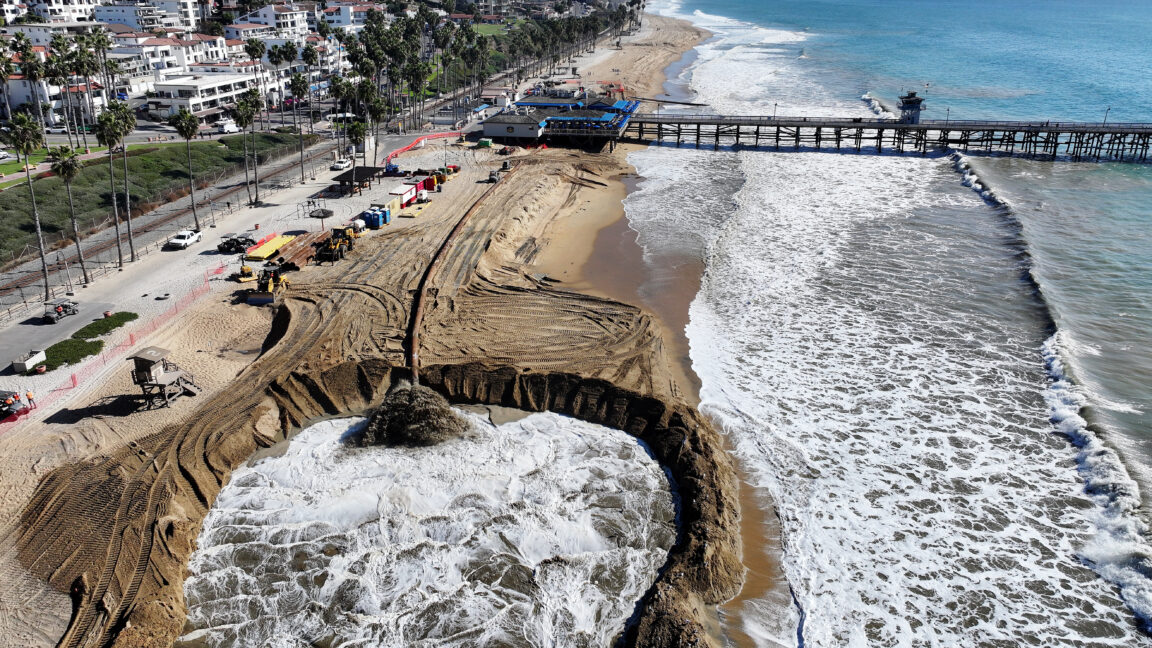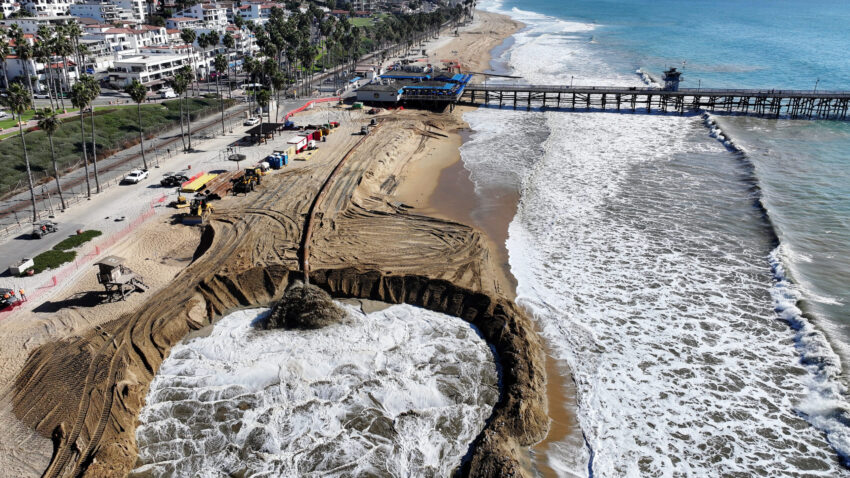
“I think we have been aware that we are interfering in a very dangerous way in the climate system,” he said. “And one of the points of our dissertation is to show that a part of the climate system, ice sheets, are now showing some very disturbing indicators.”
Some very weak places are far away from any melting ice sheets, including Belize City, which has a home of about 65,000 people, where only 3 feet level surface increases to 500 square miles.
In some of the lower tropical areas around the equator, the level of level is rising three times the global average. The reason for this is that the water is spreading as the water is heated, and as the ice sheets melt, their gravity reduces the drag, which causes more water to flow from the pole towards the equator.
“In less, it increases more than average,” Bambar said. “This is bad news for places like Bangladesh, India, Vietnam, and Neil Delta.”
Regarding this new study, global policy makers need to be more aware of the effects of Ambassador Carlos Filler, the impact of a temperature rise.
He said that Belize has already shifted its capital in the country, but its largest city will sink only 1 meter of sea level rise.
“The results such as these results intensify the need to remain within the range of the 1.5 ° Paris contract, or as possible, so we can return to low temperatures and protect our coastal cities,” said the Fuller.
Although new research focuses on ice sheets, Stokes at the University of Durham notes that recent research shows that other parts of the earth system are already or very close, which are non -refundable on human civilization’s time scale. This includes changes in fresh water systems and marine acidity.
“I think someone used the imitation that it is as if you were walking in a dark room,” he said. “You know there is a monster, but you don’t know when you are going to face it. It is a bit like this. We do not know where they are. Maybe we will have crossed them too, and we know that if we keep warm, we will target them.”
